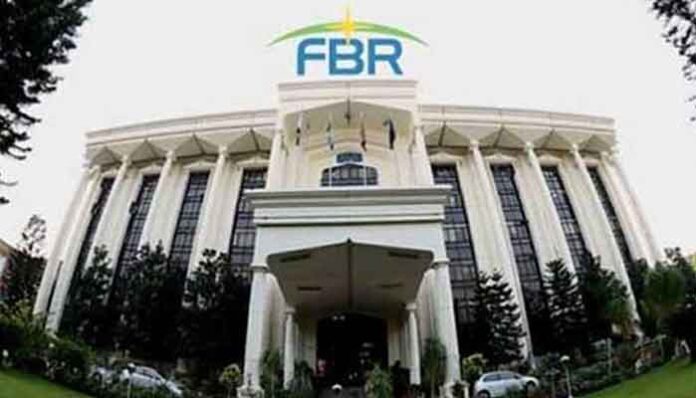ISLAMABAD: United Nations (UN) Secretary General Antonio Guterres has appointed Mohammad Ashfaq Ahmed of Pakistan as member of the Committee of Experts on International Cooperation in Tax Matters for a term of four years.
Selected on the recommendation of the Pakistan government, Ahmed is among the distinguished group of 25 tax experts from around the world to serve as members of the committee for the 2021-25 term.
He currently holds the post of director general of international taxes at the Federal Board of Revenue (FBR).
The United Nations Tax Committee fosters international cooperation on domestic and international tax matters. It works closely with observers from government, civil society, business and academia, to develop guidance and encourage an inclusive setting of norms and policies.
In welcoming the appointments, President of the Economic and Social Council Ambassador Munir Akram said: “I am delighted to see that such a diverse and capable group of experts has been appointed. I have high expectations for the committee’s continued success in challenging times, which are nevertheless full of opportunity to stem the tide of tax-related illicit financial flows and shore up developing-country capacities to mobilise and invest domestic resources in their own development.”
The majority of the newly appointed members come from developing countries, and, for the first time since its inception, the committee has a majority of women experts.
The first meeting of the new membership of the committee will take place in October during which the experts will determine the work plan for their term.
The other members of the committee are from India, Nigeria, Chile, South Korea, Malawi, Ghana, Mexico, Zambia, Jamaica, Ireland, Indonesia, Myanmar, Mauritania, Argentina, Angola, the Netherlands, Russian Federation, Canada, Norway, Germany, Ecuador, Italy, Sweden and China.

























Now that’s a good news, surely the arms length principles can be made much more stringent.